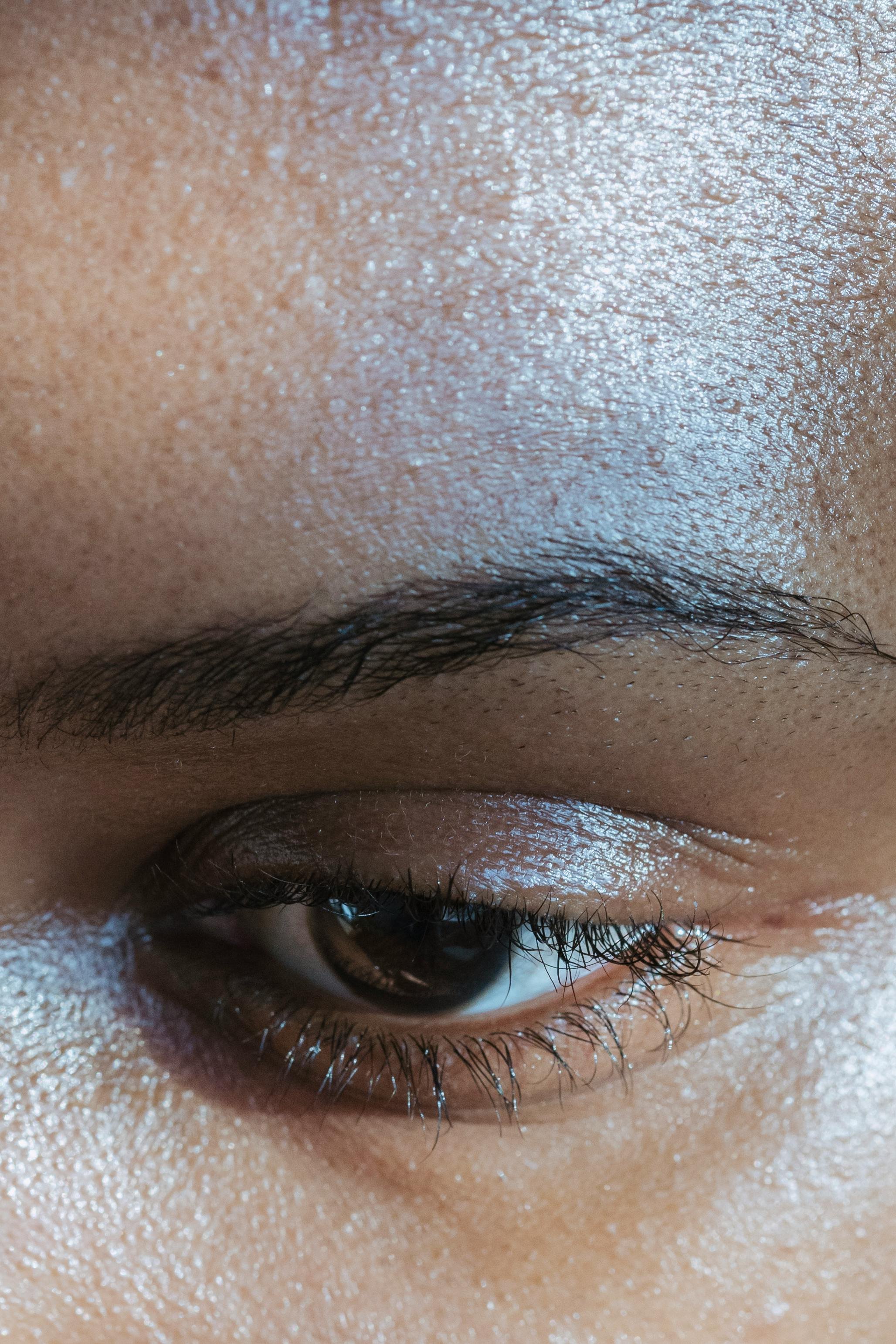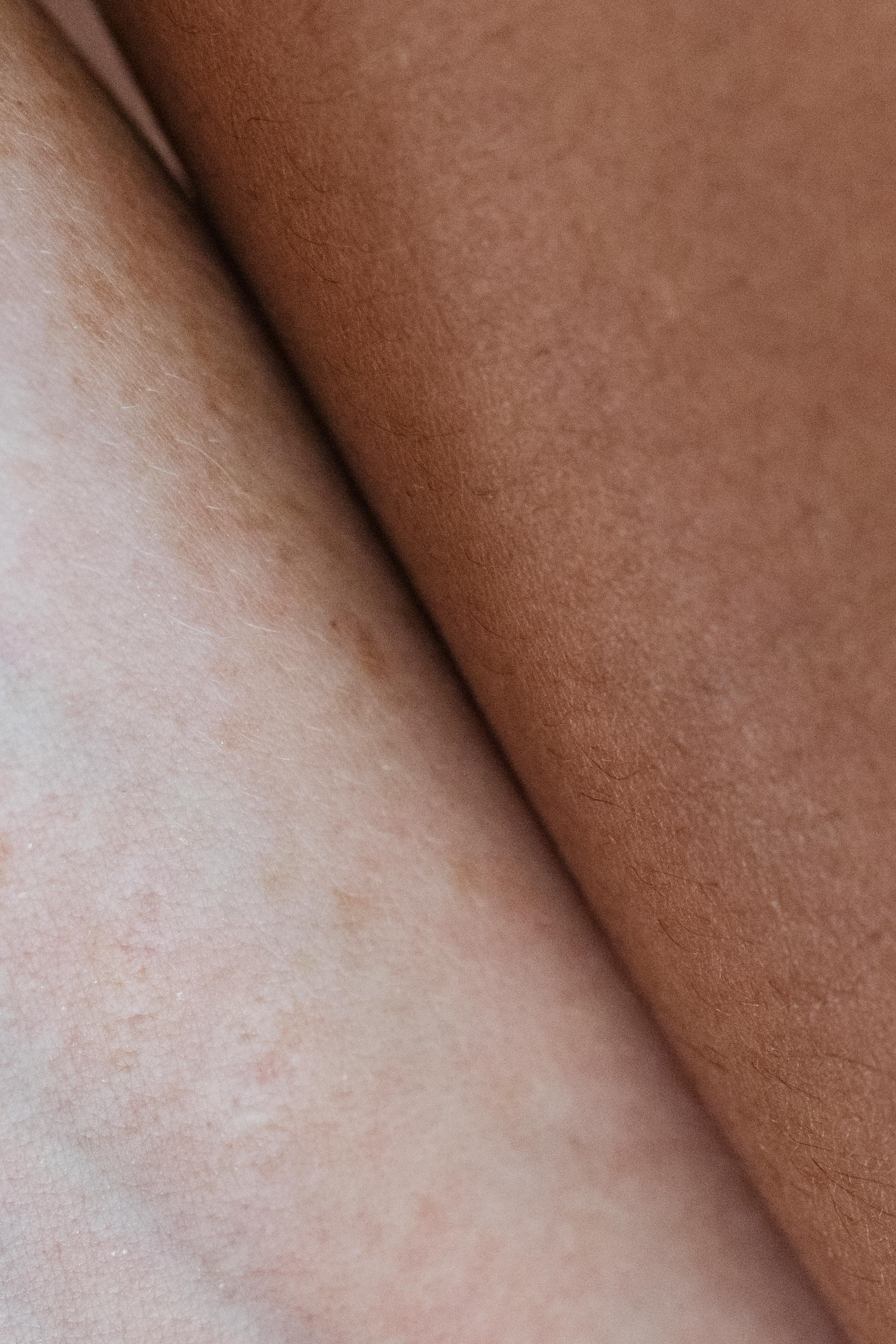Nobody should have to face skin cancer alone
WELCOMEWelcome to SCUK, a devoted community of volunteers passionately dedicated to supporting and advocating for individuals impacted by skin cancer.
Skin cancer is a significant health concern affecting thousands in the UK, and at SCUK, we recognise the impact it has on individuals and their loved ones. Our driving principle is that no one should face skin cancer alone. We are here to provide support, share knowledge, and drive positive change in the fight against this disease.
As a skin cancer patient myself, I understand first-hand the limited support available. While we won't offer medical assistance—leave that to the experts—we're here to provide a safe space for you to come together to share your personal journey, gain valuable insights, connect with others who may be experiencing similar challenges and advocate for better outcomes.
Diane Cannon - Founder Skin Cancer UK
-
Skin Cancer UK (SCUK) is a dedicated patient support group focused on combating skin cancer in the UK. Functioning as both an advocacy and support organisation, SCUK fosters a supportive community for individuals and families navigating a skin cancer diagnosis. Offering assistance and guidance throughout all phases of the skin cancer journey, SCUK is committed to raising awareness and promoting education on the significance of early detection and prevention.
-
Skin cancer is a condition characterized by the abnormal growth of skin cells, often triggered by damage from ultraviolet (UV) radiation. There are several types of skin cancer, but the most common ones are basal cell carcinoma, squamous cell carcinoma, and melanoma.
Basal cell carcinoma typically appears as a flesh-colored, pearl-like bump or a pinkish patch of skin. It's the least risky type of skin cancer and rarely spreads beyond the original site.
Squamous cell carcinoma usually presents as a red, scaly patch or a sore that doesn't heal. While it's more likely than basal cell carcinoma to spread to other parts of the body if left untreated, it's still usually treatable.
Melanoma is the most dangerous form of skin cancer and can develop from existing moles or appear as a new dark spot on the skin. Melanoma has the highest potential to spread to other organs and can be fatal if not detected and treated early.
Prevention of skin cancer involves protecting the skin from UV radiation by wearing sunscreen, protective clothing, and avoiding excessive sun exposure, especially during peak hours. Regular skin checks and early detection are crucial for successful treatment. If you notice any changes in your skin, such as new growths, changes in moles, or non-healing sores, it's important to see a healthcare professional promptly for evaluation.
-
If you or someone you know has been diagnosed with skin cancer, please don't hesitate to contact us for guidance and support.
hello@skincanceruk.co.uk


